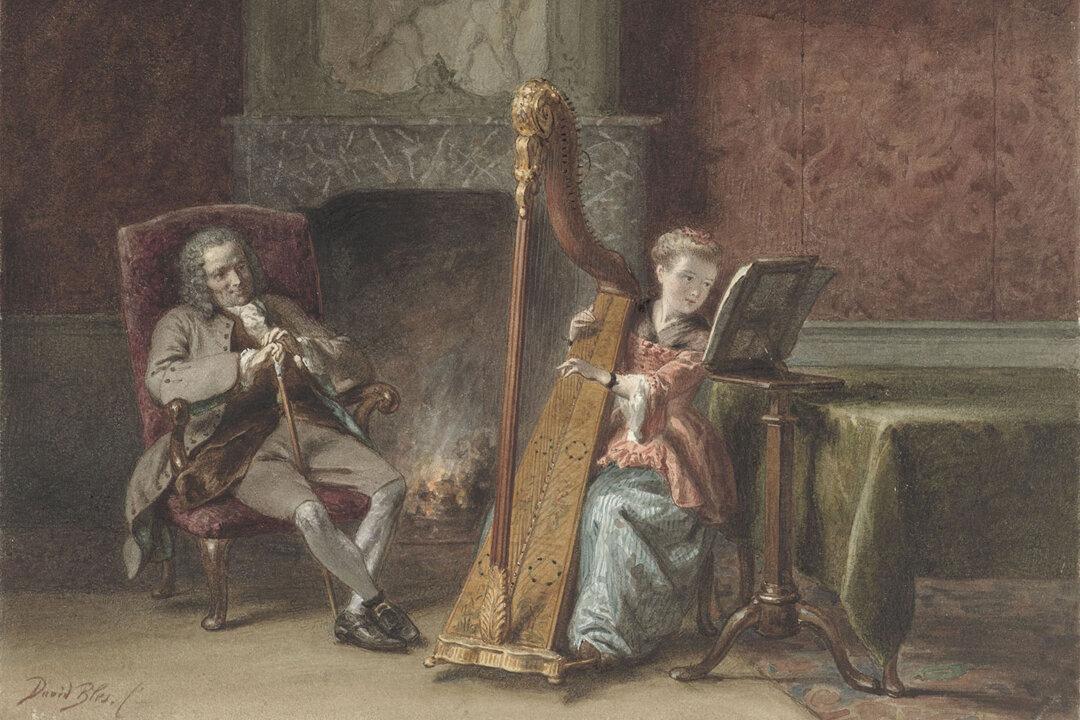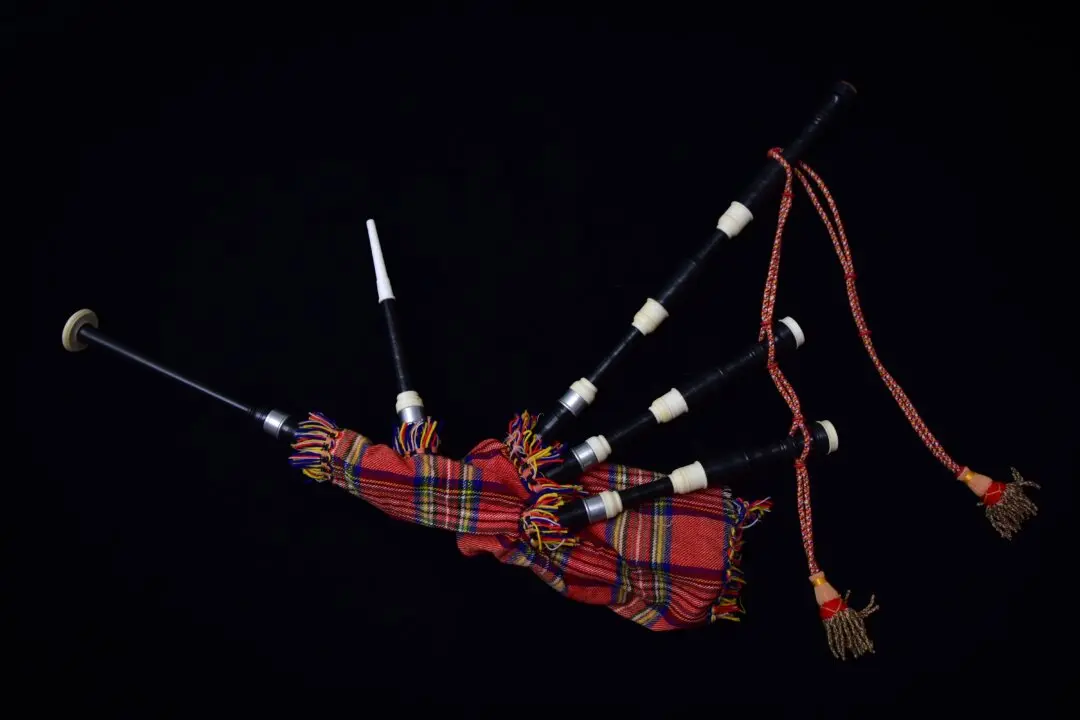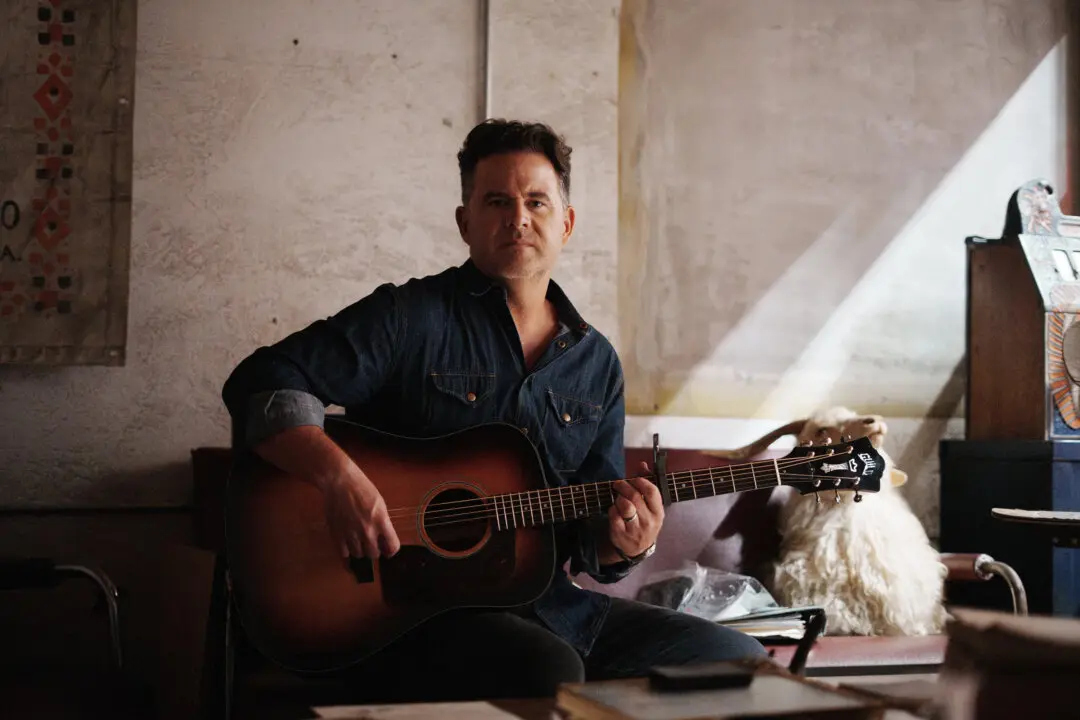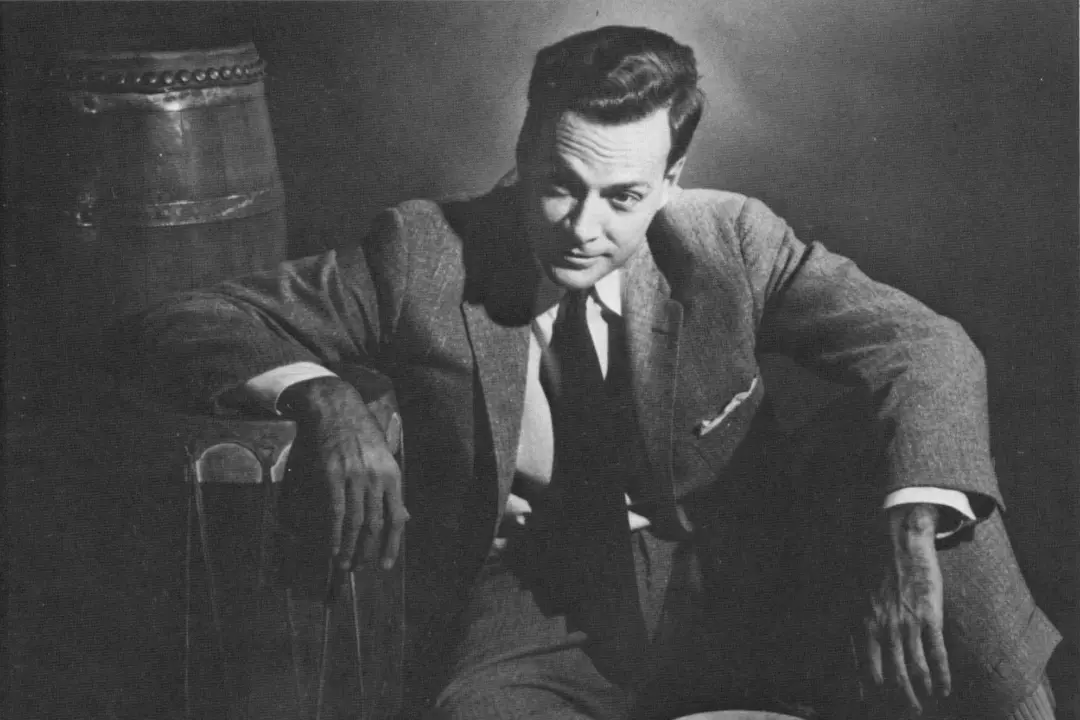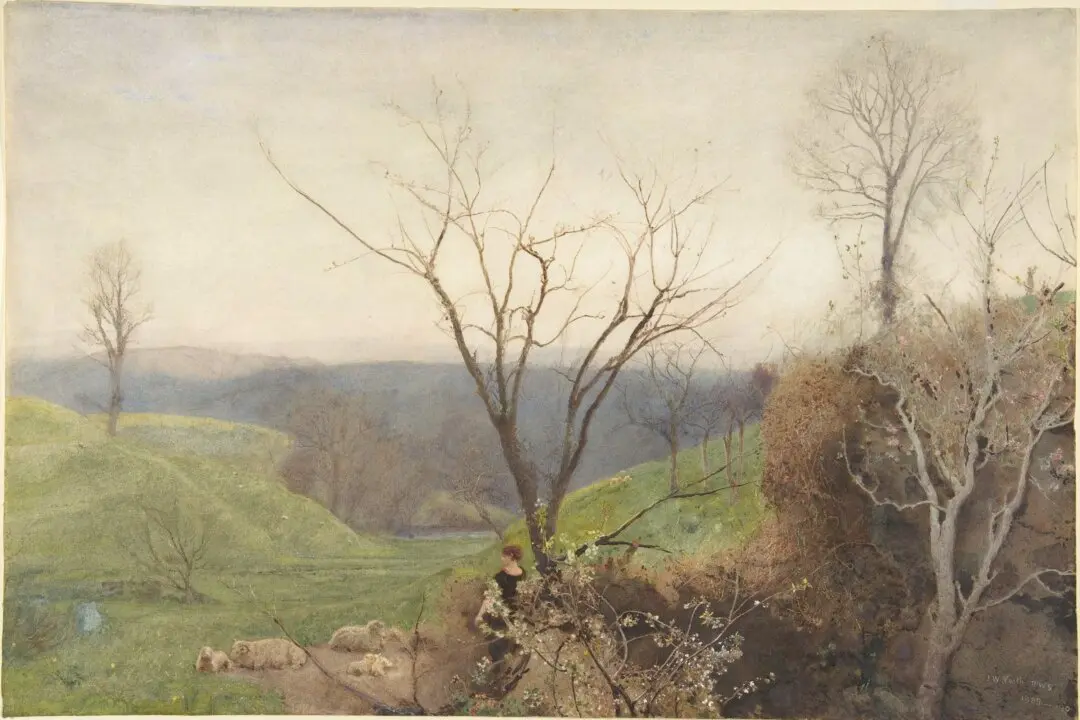The Dagda, the god of Irish mythology, possessed a harp unlike any other. Named “Uaithne,” which means “the Four-Angled Music,” the stringed instrument was richly decorated and composed of oak wood. It also contained magical powers. By plucking its strings, the Dagda could influence man’s emotions and wield control over the weather.
There are slightly different iterations of the myth of the Dagda’s magical harp. But the legend goes that when the rival Fomorians (a supernatural race) prepared to fight the Tuatha Dé Danann, a group of divine beings who looked to the Dagda for wisdom and protection, they decided to steal the Dagda’s harp. The Fomorian warriors, after successfully stealing the instrument, hoped that separating the Dagda from his great source of power would turn the tides of the skirmish and put them in a winning position.

